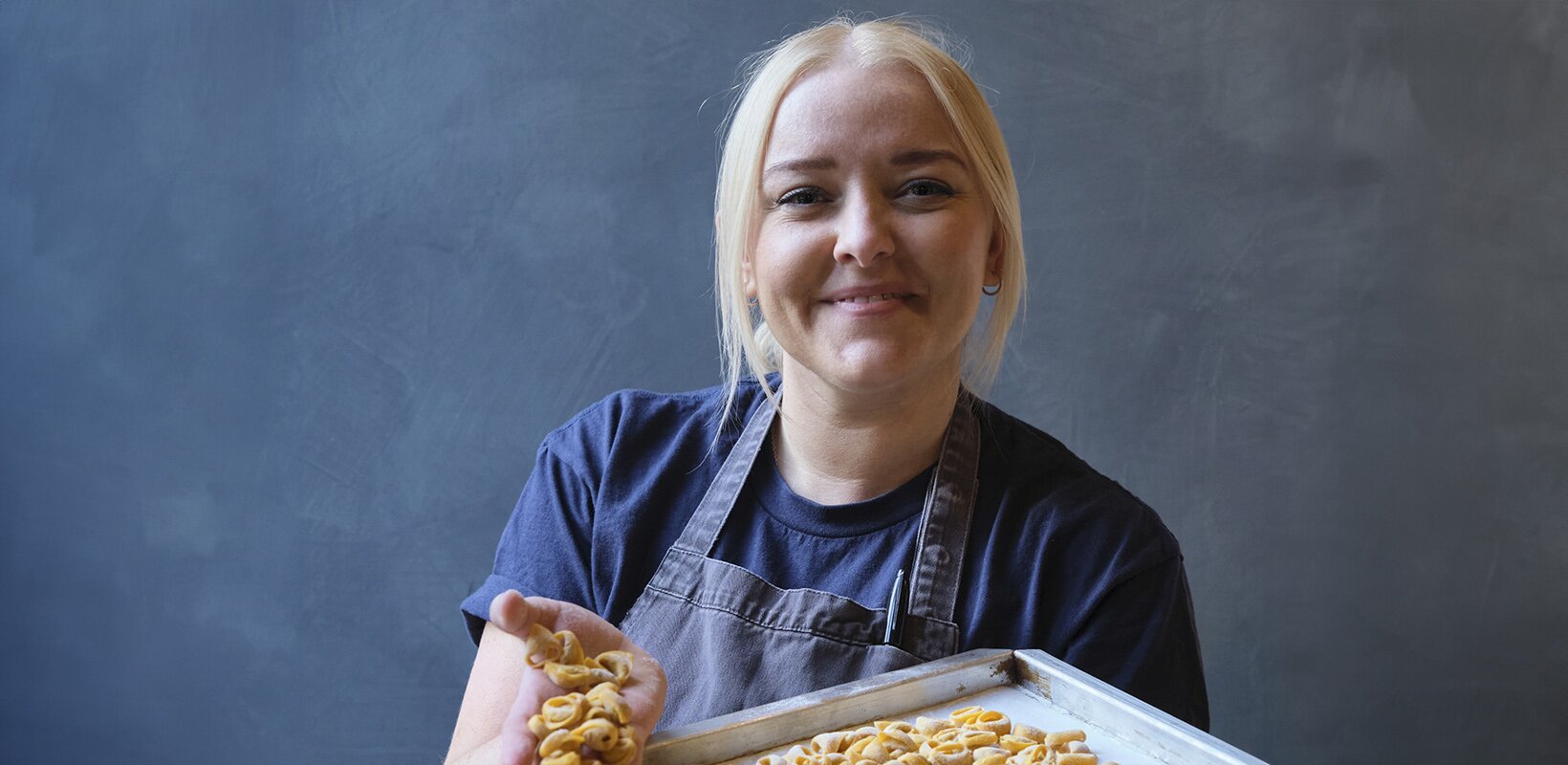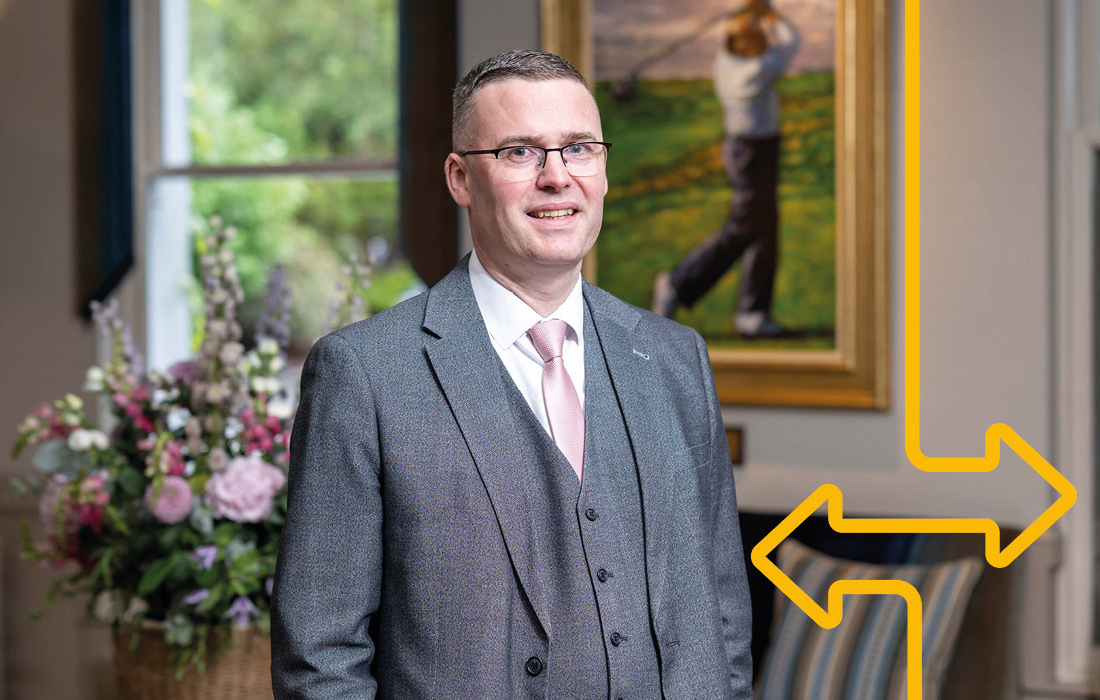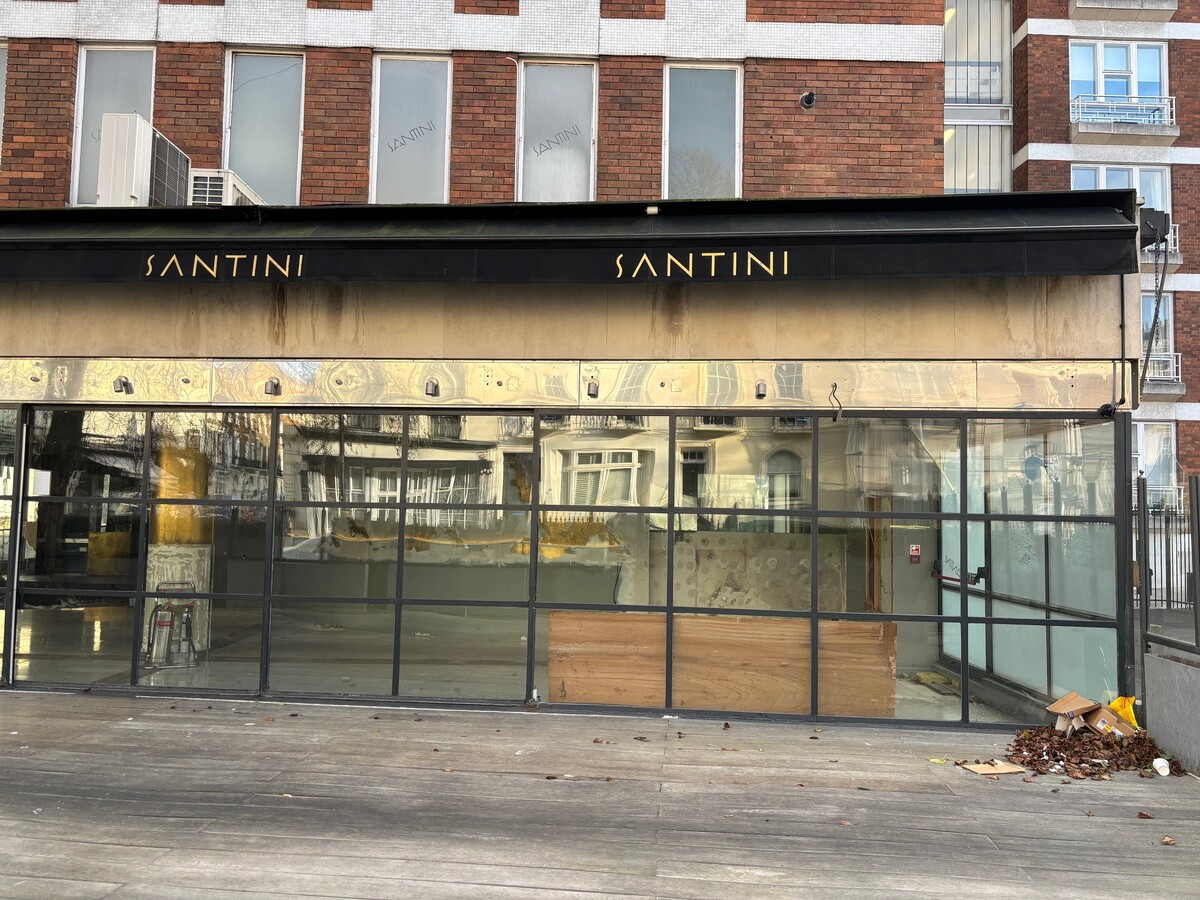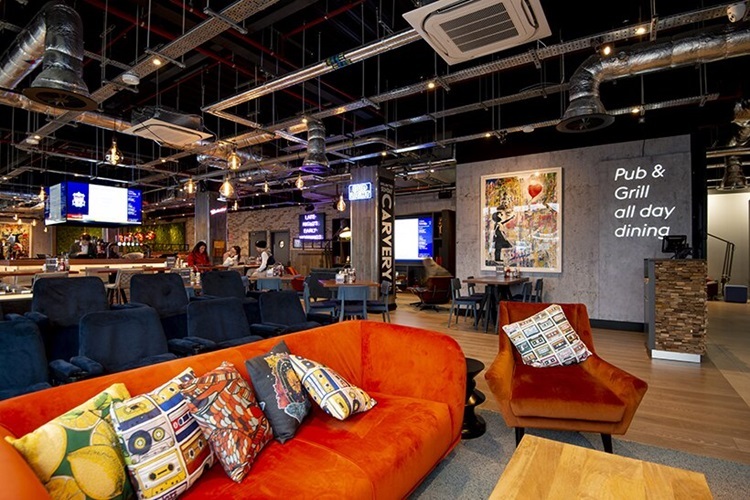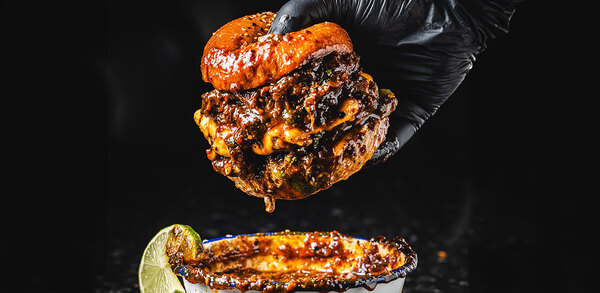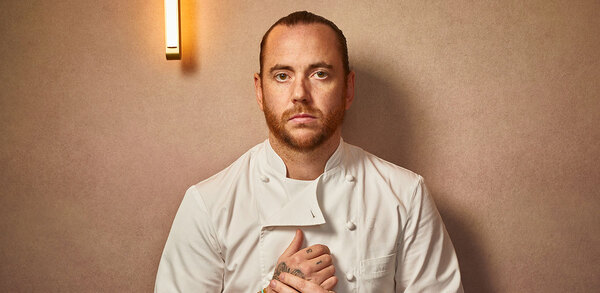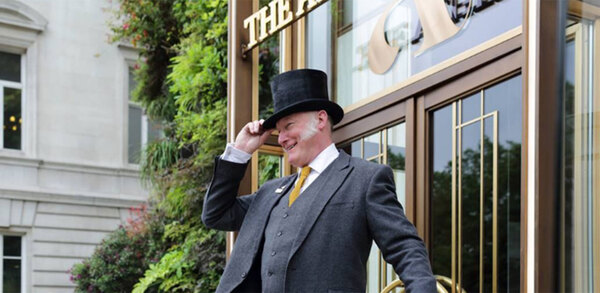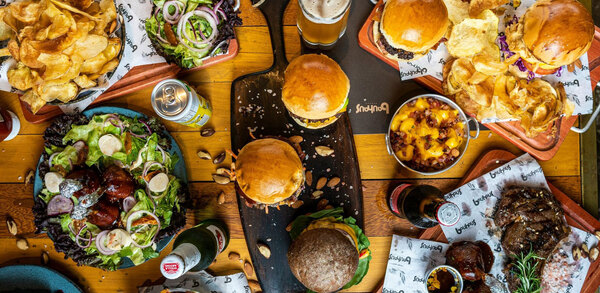Why Pophams Pasta head chef Rae Arends wears marathon trainers to work
The head chef of Pophams Pasta restaurant in London’s Hackney talks to Jungmin Seo about how the ‘experts in dough’ tie the brand together
How long have you been at Pophams?
I’ve been at Pophams for four years now. We’ve been through quite a lot, including lockdown. I started as a chef de partie then became a sous chef. I became head chef two years ago. Before that, I just did some freelance stuff, working in a few different restaurants and event catering. I loved Pophams as soon as I trialled with them. It was my sort of thing – the detail-oriented nature of the work and the hand-shaping of the pasta.
What sparked your passion for pasta?
I hadn’t actually made pasta before I joined Pophams. I’d trained at Leiths School of Food and Wine and graduated in 2019, but the training was quite general. When I came to Pophams, our executive chef Phil King, who was previously the head baker, had a real crossover of knowledge in the bakery side of things and also the restaurant, so he inspired me to look at the history of everything. I really got into Italian food history books and became a real pasta geek. I love looking at the pasta shapes people don’t necessarily know about. I think about what they are traditionally paired with then try to do a bit of a spin on that.
How often do you change the menus?
As often as we can, but it’s always seasonally. I love working in development and on new dishes – that’s one of my favourite parts of the job. There are definitely dishes that are popular and it makes me really sad when I have to take them off because they’re not in season anymore, but we don’t really tend to revisit them. I try to do new things each year.
I already know what my tomato plan is going to be this summer. Last year, I had a pasta shape that didn’t really have a name, but they looked like little boats, so we called them barquette, which is the word for little boats in Italian.
Are there any pasta shapes you do not serve?
We don’t have any extruding pasta on the menu, which is any pasta that is pushed out of a machine into a particular shape, so we wouldn’t have spaghetti. We use a pasta machine to sheet the doughs to make it thin, but then everything else is done by hand.
How do you train your staff?
As a team, we’re always working on our skills, making new pasta shapes and putting new dishes on the menu. In some restaurants, you have separate pasta-makers to the chefs that cook the food, but for us, it’s really important that we come together every day at the same time to shape pasta together on the table for at least two hours. It creates a really nice equality across the team because everyone does that together. It’s not only the people who have been there a really long time and are really experienced.
Pophams is also known for its baked goods. What is the connection between the bakery and the pasta restaurant?
Making pasta is quite similar to the process of making bread, and I think that’s where the crossover for Pophams really came. We’re specialists in dough. There’s a lot of similarities between making a bread dough and checking that it’s the right hydration on a particular day and a pasta dough as well.
Do you have plans to expand the pasta offering across the other Pophams sites?
We’re definitely planning to, but not across our other sites in Islington and Victoria Park as they are really small. The one I am based at works best as a restaurant. We’re open four days a week from Wednesday to Saturday. We’d always like to open for a fifth day – we have done in the past and we would like to again – but that’s staff-dependent.
Do you have any tips for people wanting to join the industry?
The main thing is to have a passion for it. I find it crazy when I meet chefs who just aren’t passionate about doing it as a job because I don’t really understand why you would work on your feet for all that time. It’s quite a challenging environment to be in from a physical point of view.
When I came to Pophams, I’d never shaped pasta before, but I really wanted to learn and I think that having both a passion and wanting to learn new techniques is really important. And get some comfortable shoes. I wear Adidas marathon trainers during the day and for service I wear my Birkenstocks.



